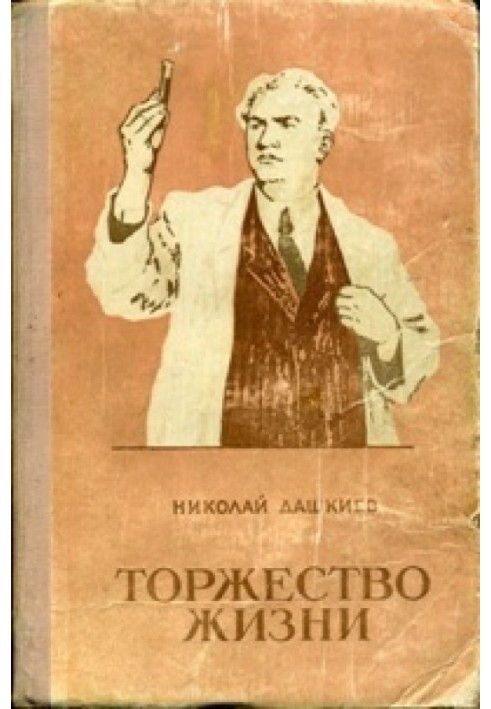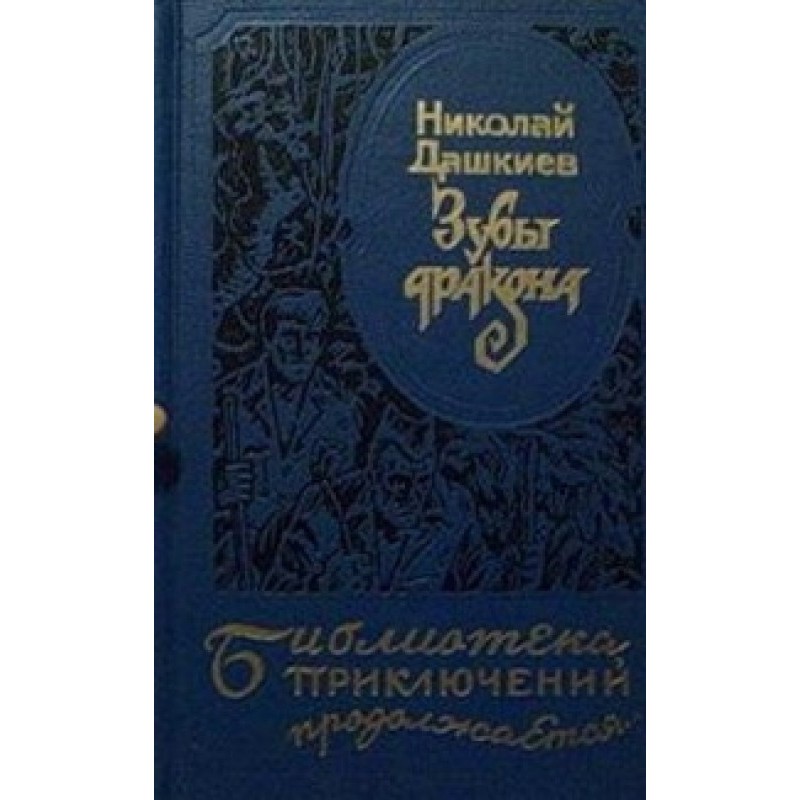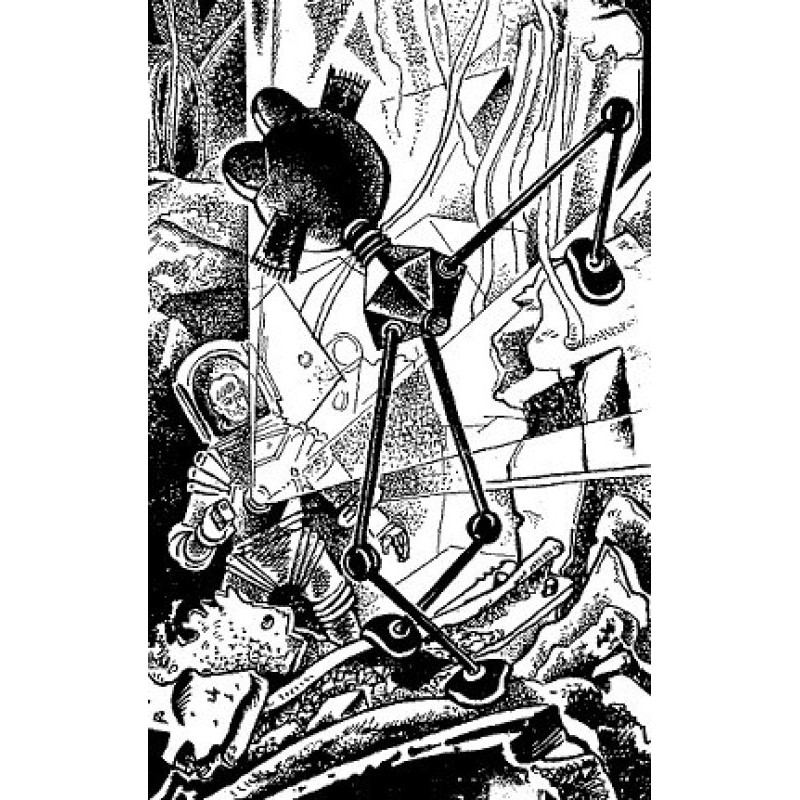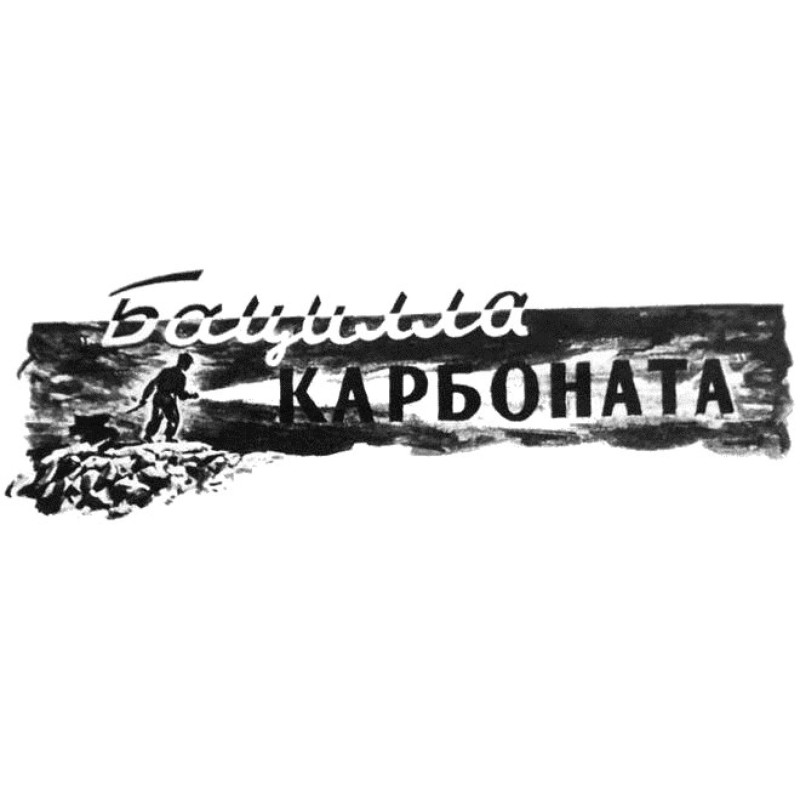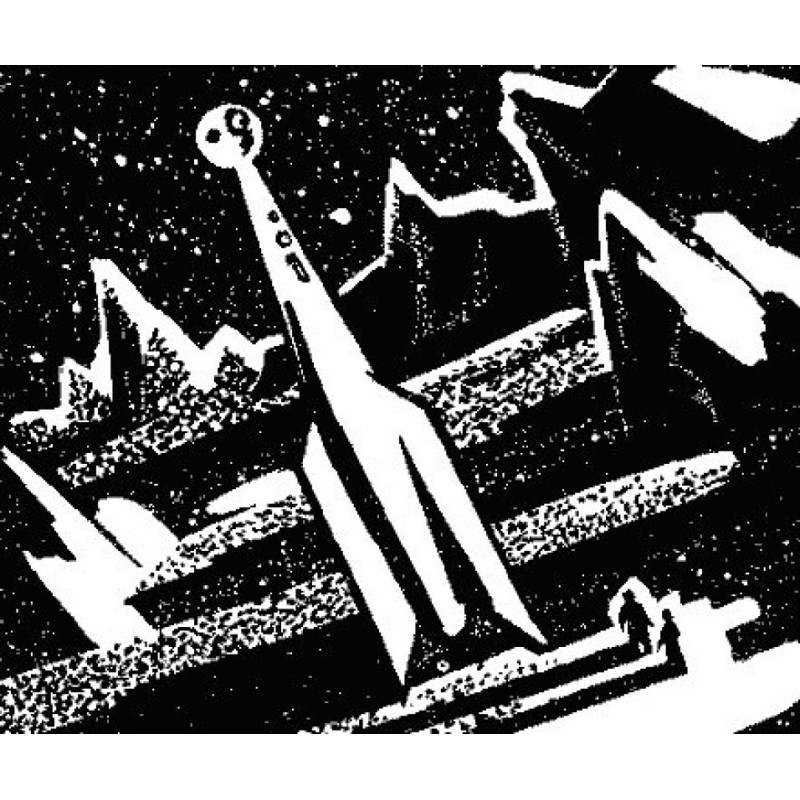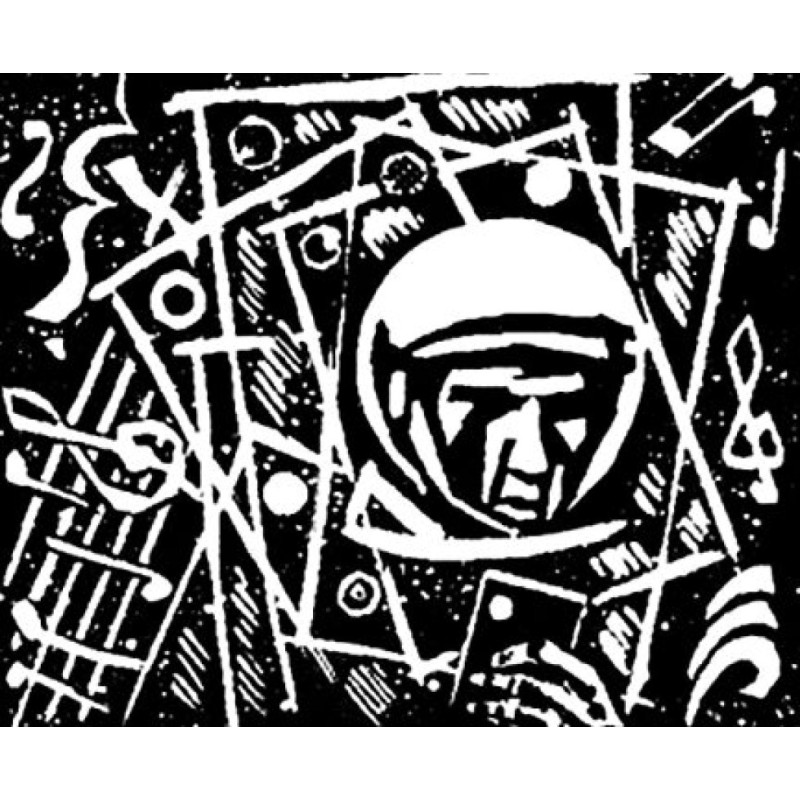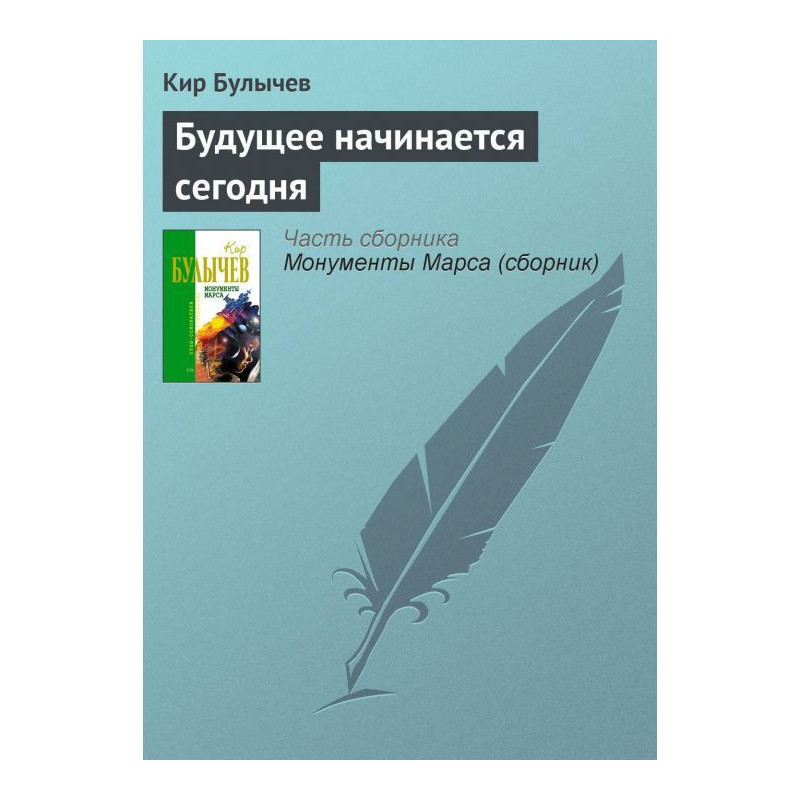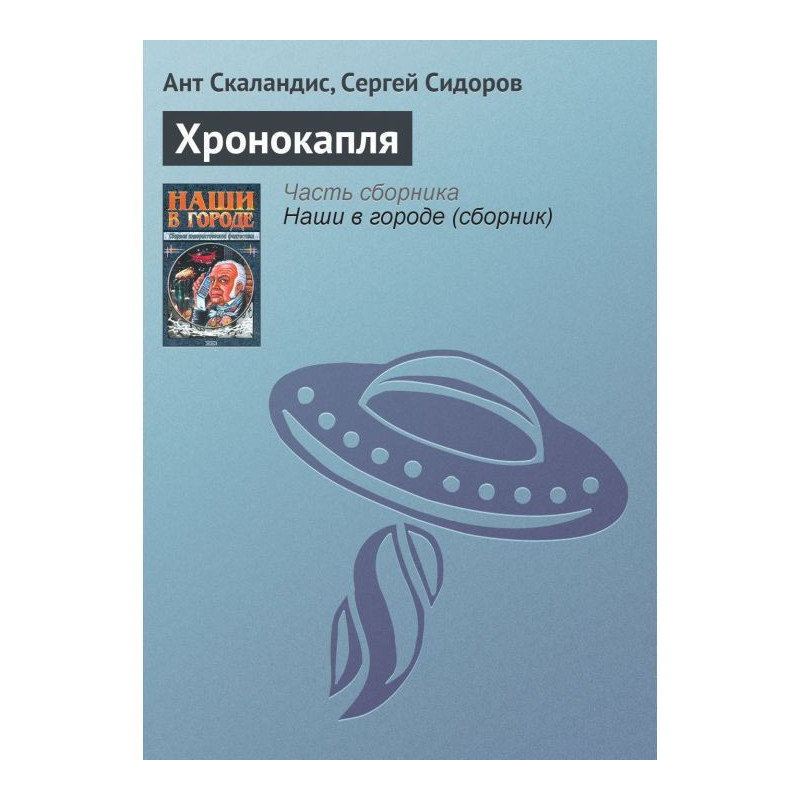Celebration of life
 Instant download
Instant download
after payment (24/7)
 Wide range of formats
Wide range of formats
(for all gadgets)
 Full book
Full book
(including for Apple and Android)
In 1950, Dashkiev’s first science fiction novel “The Triumph of Life” was published, on which he continued to work almost until the end of his life, in connection with new knowledge in medicine he constantly revised and supplemented the book. Hidden in the mountains of Bavaria was an underground city - Hitler’s a research center where training is carried out on the production of bacteriological weapons. The Nazis are experimenting on “living” material - on prisoners driven into underground casemates. Then, in the near future, scientists and clinicians are trying to unravel the causes of the most insidious disease of the 20th century - cancer, and as a result are very close to defeating a malignant tumor. Based on the author’s idea, the novel “The Triumph of Life” was supposed to be the first part of a large novel, but he was unable to achieve his plan. happened.
Brief summary of the work (having opened the spoiler - you only have yourself to blame!) Nikolai Dashkiev’s novel “The Triumph of Life” (The Triumph of Life, 1950) not only promotes new (at that time) trends in such sciences as microbiology and medicine, but also exposes human relationships both in the intimate area of love and friendship, and between work colleagues, superiors and subordinates, seniors and juniors. The main character of the novel, a 13-year-old boy, a scout for a partisan detachment, Stepan Rogov, ends up in a concentration camp in 1943, and soon in a very secret underground town in the Bavarian mountains, where the Nazis conduct experiments on creating biological weapons. There, by chance and as a result of the whim of an old man, he becomes an assistant to the world-famous microbiologist - professor Max Brown. In this German research center, over the next years, Stepan became acquainted with the basics of microbiology, medicine and other sciences, he even fell in love with the old eccentric Brown, who worked all his life to cure terrible viral diseases, and now, as a result of blackmail, invented biological weapons, and when he miraculously All he has to do is stay alive and get to his people, Stepan ends up in the hospital for a long time. But the most important thing is that he carried with him an ampoule with a miracle virus, which was invented by his teacher who eventually went crazy, and was an ideal antivirus - a panacea for some deadly diseases. Next, Stepan’s life path led him, vowing to find an antivirus that would cure from all diseases, to medical school, and his desire to invent an elixir of life, together with the acquired knowledge, it was transformed into a more realistic goal - to find a cure for the disease of the twentieth century, for cancer. The novel shows not only Stepan's maturity, his friendship with classmates and teachers, antagonism with one of them, the selfish associate professor Wielkopolsky, but also his persistent desire to achieve his dream. Years of study passed, his friendship with his classmates, with his best friend Kolka grew stronger, and his confidence in his own success grew stronger. Stepan turned from a young, inexperienced student into a real focused Soviet scientist; he began to be noticed in scientific circles of the country, and his name began to arouse some interest abroad. So the spy motifs inherent in the science fiction of the 1930s-1950s also left their mark, albeit not very noticeable, in this book. Stepan's love for his fellow villager Katya ultimately results in tragedy. The girl fell ill with sarcoma and could not be saved. But thanks to the still untested remedy of a young scientist who was working on the problems of suspended animation, Katya was able to be “euthanized” for many years. Stepan never managed to create a miracle cure, although he came close to this problem. And the planned continuation of this novel was supposed to prolong the epic about the struggle for the triumph of human life by Soviet scientists, but Nikolai Dashkiev lost interest in this book, and this book remained unfinished, which is very noticeable after the last page of the novel is closed.
© Vitaly Karatsupa, 2009
Data sheet
- Name of the Author
- Николай Дашкиев Александрович
- Language
- Russian
Reviews
Вражаюча подорож у світ науки та людських стосунків!
Роман «Урочистість життя» Миколи Дашкієва - це не просто науково-фантастична історія, а глибоке дослідження людської природи, дружби та прагнення до знань. Автор майстерно поєднує елементи трилера з науковими відкриттями, створюючи напружену атмосферу, де кожен персонаж має свою унікальну роль у розгадці таємниць, які стоять на шляху до перемоги над хворобами. Головний герой, Степан Рогов, проходить шлях від юного розвідника до цілеспрямованого вченого, і його боротьба за життя, як особисте, так і людства в цілому, викликає глибокі емоції. Дашкієв не лише розкриває наукові аспекти, але й піднімає важливі питання про моральність наукових експериментів та ціну, яку доводиться платити за прогрес. Ця книга залишає по собі відчуття незавершеності та бажання дізнатися більше, що робить її ще більш захопливою. Рекомендую всім, хто цінує літературу, що спонукає до роздумів і досліджень!

